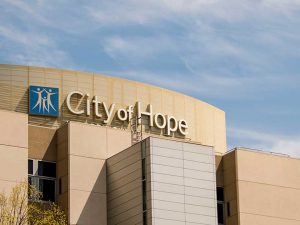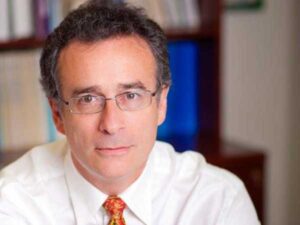The development of more effective cancer treatment has yielded higher cure rates, longer survival, and a decrease in cancer recurrence. As of January 2019, the National Cancer Institute estimated that there were 16.9 million cancer survivors in the United States.
As cannabis (marijuana) legalization expands in the United States, its medical use is becoming more prevalent in patients with cancer. Despite high patient interest, large well-conducted clinical trials are limited and few oncologists feel they have sufficient training to make informed recommendations about cannabis.
A profound, difficult, seemingly impossible human journey begins with the words, “you have cancer.”
COVID-19 continues to ramp on and has affected just about all aspects of the health care system in our country.
Our nation's NCI-designated comprehensive cancer centers are charged with developing and leading cutting-edge research to reduce the nation's cancer burden.
Even though cancer center and health system leaders know this deep down, most also find no way better to measure the success of programs and providers than the inscrutable Relative Value Unit, or RVU.
During my 30-year career in health care, I've worked with hundreds of community oncology practices. Most oncologists I've worked with have, for quite some time, intuitively understood that social determinants of health (SDOH) can significantly impact patient outcomes.
When they decided to launch a weekly breast cancer chat on Twitter, all breast cancer survivors and advocates Alicia Staley and Jody Schoger had was a hashtag and a dream.1
In the election this week, voters said Yes to measures to legalize recreational cannabis (marijuana) in Arizona (60%), New Jersey (67%), and Montana (57%). Measures to legalize medical cannabis passed in Mississippi (68%) and South Dakota (54%). Patients with advanced cancer battle debilitating symptoms of pain, nausea, and anxiety, among others. Many patients have grown fearful of taking opioids despite experiencing severe cancer-related pain, because of the ongoing opioid epidemic.
November is Lung Cancer Awareness Month, a time to turn our attention to an issue that already warrants our focus year-round.















